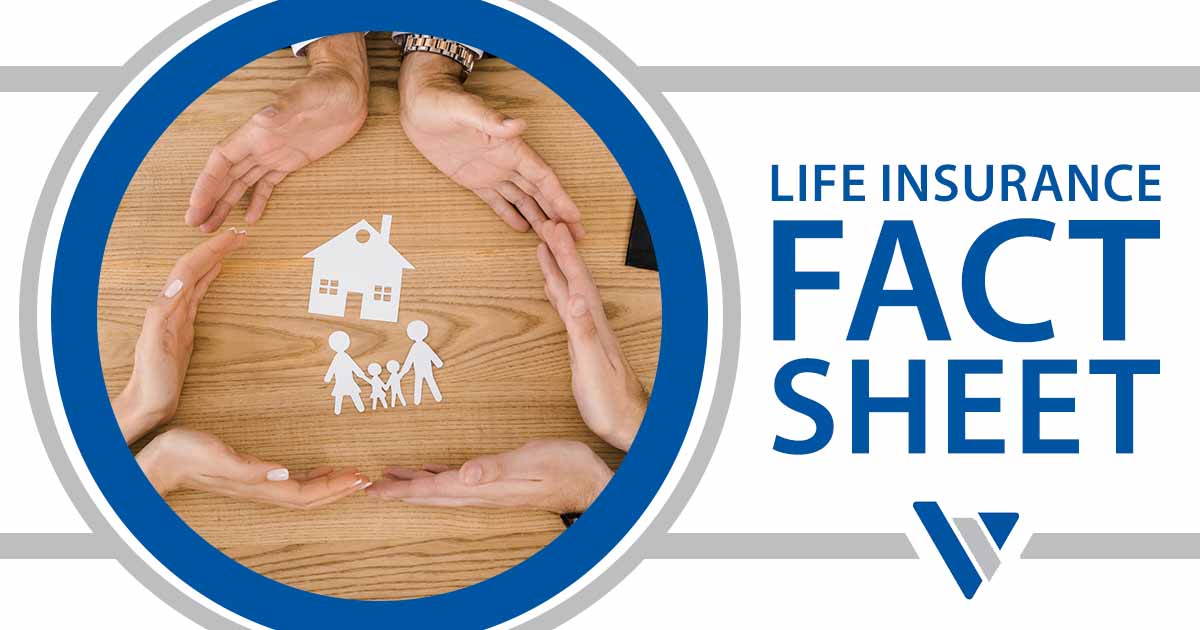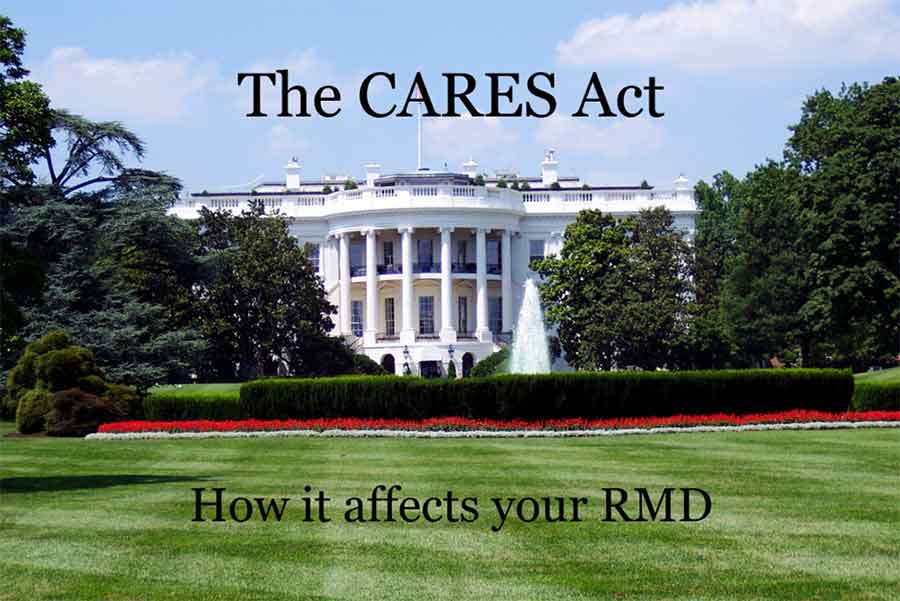I am sharing with you some of the information the Life Insurance Marketing and Research...


Required Minimum Distributions (RMDs) are mandated by the IRS for IRA and 401(K) owners (among other defined contribution plans) to withdraw a percentage of their assets each year once they reach age 72 (recently changed from 70 ½). Whether you need the money or not, it has to be withdrawn from the qualified plan to be taxed as ordinary income.
The recent passage of the Coronavirus Aid, Relief, and Economic Security (CARES) Act made some changes to the RMD rules for 2020. We recently wrote about this topic as part of our Cares Act overview for individuals, but we wanted to answer a few more key questions specifically related to RMDs for 2020.
According to the CARES Act, RMDs are waived in 2020 for all types of defined contribution plans including 401(k), 403(b), and governmental 457(b) plans and IRAs. This is a true elimination of the 2020 RMD requirements meaning account holders will not have to make up for it and take 2 distributions in 2021.
Beneficiaries that inherit an IRA or 401K can also be subject to annual RMDs. These accounts are included in the CARES Act language and thus would have their RMDs waived for 2020 as well. 3
IRA owners subject to RMDs can donate money directly from their account to a qualified charitable organization and avoid having to pay income tax on that amount. Even though RMDs are waived for 2020, IRA owners can still give up to $100,000 directly from their IRA to charity and avoid having that gift be taxable. 1
There is not yet any language in the bill or indication that anyone who has already taken their 2020 RMD will be able to put that money back in. There are two exceptions to that rule, there is the traditional 60-day rollover rule that allows IRA account holders 60 days to put any distribution back into the account without penalty or taxes. The other exception is if you are eligible for a “coronavirus distribution” as defined by the CARES Act. Special coronavirus distributions are allowed for individuals who meet specific requirements of being affected by the virus and its economic impacts. Individuals who fit those requirements for a coronavirus distribution will be allowed to recontribute up to $100,000 to an IRA over the next three years as long as the distribution is taken in calendar year 2020. 2
Details regarding the CARES Act continue to come out as the IRS clarifies the over 800-page bill. This should not be used as tax advice and I would urge everyone to communicate with their tax professional before taking any action. We will continue to provide information and highlights in these uncertain times and we are here to help you uncover how the CARES act impact your financial plan. Feel free to call or email us anytime with your specific questions.